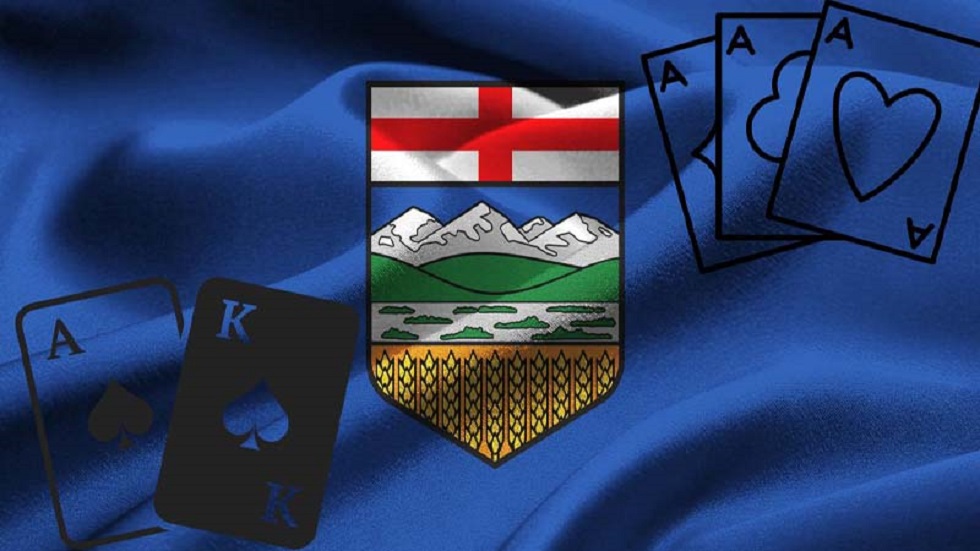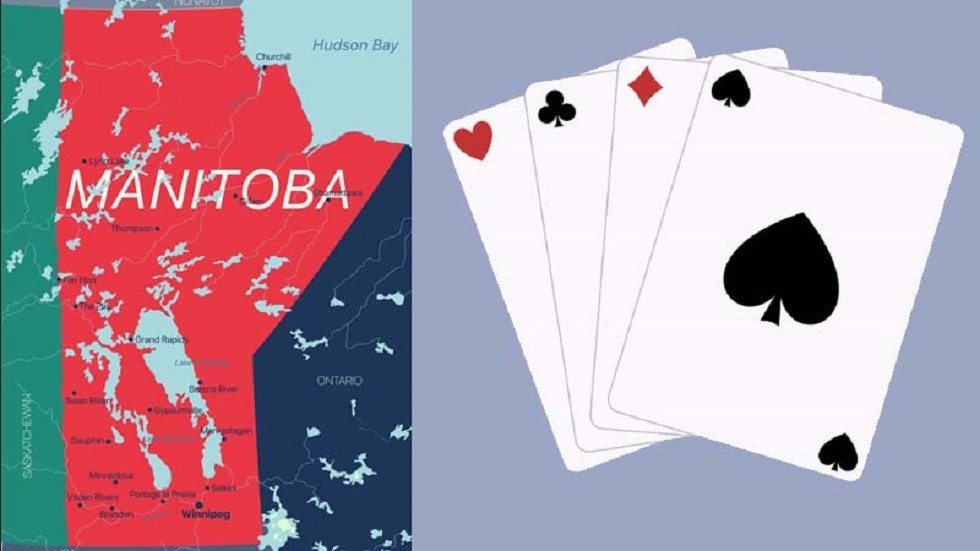Canada has a distinctive combination of sophistication and natural splendour. This sense of pride extends to their thriving gaming business and the gambling regulations put in place to keep it operating smoothly. The people and policymakers of Canada have managed to adopt a balanced stance on the issue of gambling despite the appeal of quick money. Most of the time, these laws are flexible while always keeping the public’s welfare in mind. Canada doesn’t care much about playing for free; no matter what province you live in or visit, you can enter any Canadian free casino and have fun with free stakes without any problems. Almost all the slots are represented for free on these platforms, so there is a huge choice for the best gambling experience. However, absolute freedom is something you have only if you gamble for free. If you are interested in winning money, the laws and rules of your province must be learned.
Speaking about playing for real money in Canada, gambling is a controlled activity that is only permitted when it is overseen by a provincial government. Therefore, unless a province makes an exception, gambling is prohibited throughout Canada. However, given that they are governed by territorial and provincial legislation in Canada, the gaming rules and regulations may be unclear to newcomers.
More About Gambling in Canadian Provinces
Playing cards were first introduced after John Cabot’s expedition to the Canadian coasts in 1497, which resulted in the creation of early variations of games. The majority of Canadians have been able to establish and visit land-based casinos as they see appropriate since the federal government chose to defer to individual provinces’ judgments on the matter in 1970. Being granted the right to regulate and manage to gamble, many provinces went on to create new entities, especially for that purpose; they are popularly known as lottery corporations. The sole function of this body is to regulate its province’s gaming activities.
The Canadian Provinces
Canada is made of 10 provinces, and each province is a self-governing body with authority delegated to several governors by the federal government. They are:
- Ontario;
- Quebec;
- Nova Scotia;
- New Brunswick;
- Manitoba;
- British Columbia;
- Prince Edward Island;
- Newfoundland and Labrador;
- Saskatchewan;
- Alberta.
Below is an overall outlook at what gambling in the provinces are;
| Provinces | Sports Bettors | Non-Sport Bettors | Slots Players | Non-Slot Players |
| Alberta | 10% | 10% | 10% | 16% |
| British Columbia | 16% | 11% | 14% | 11% |
| Manitoba | 4% | 4% | 4% | 3% |
| New Brunswick | 2% | 4% | 4% | 1% |
| Newfoundland and Labrador | 1% | 2% | 0% | 1% |
| Nova Scotia | 4% | 2% | 2% | 2% |
| Ontario | 43% | 41% | 42% | 43% |
| Quebec | 16% | 24% | 21% | 20% |
| Saskatchewan | 3% | 2% | 3% | 3% |
Alberta
Alberta has a long history of sports and gambling. There are no restrictions on Albertans’ ability to bet at sportsbooks and internet casinos. In Alberta, there are more than 25 casinos; the majority of these are non-profit organizations, although there are also a few government-owned casinos and a few First Nations-run enterprises among them. Players can place parlay bets on two or more games using the Sport Select service. The Western Canada Lottery Corporation is in charge of daily lottery draws. Several locations in Alberta provide legal horse racing.

Ontario
The most populous province is Ontario, and 82.9% of respondents there acknowledged wagering at least once in the prior year. In addition to the more than 25 land-based casinos in Ontario, there are also a few more places where you may play slots, such as racetracks. There is thoroughbred, Standardbred, and quarter-horse racing at racetracks from Ottawa to Fort Erie. Up to the government’s 2013 pullout, these recordings were very popular. A minimum of two games must be bet on when using the Pro-Line service for sports betting online or at physical lottery offices. Residents can participate in provincial lottery draws, which are run by the Ontario Lottery and Gaming Corporation, in addition to the national lottery drawings.
Quebec
Since 1970, gamers in Quebec have had access to legal games of chance. There are now nine land-based casinos in the province, and the Quebec Alcohol, Racing and Gaming Commission regulates their operations. There is only one racetrack, and it hosts harness racing. The oldest legal gambling activity in Quebec is the lottery, and there are many different lottery games available. Any online gaming platform that accepts residents will allow them to play there. However, the Quebec government intends to restrict any online gambling portal that has not received Loto-approval Quebec’s and authorization. The Mise-O-Jeu game allows legal citizens of Quebec to gamble on sporting teams or individual players. However, Quebec was among the last jurisdictions to provide a video lottery.
Nova Scotia
This province boasts of healthy gaming industry. In Nova Scotia, there are two physical casinos. Both of them are controlled by the government and feature standard slot machines and table games. Currently, Nova Scotia has three licensed horse racing facilities: Inverness Raceway, Northside Downs, and Truro Raceway. Although there are no internet gambling sites available in the province, people may still access hundreds of foreign casinos and bookmakers without worrying about legal repercussions. The Atlantic Lottery Corporation is in charge of video and ticket lotteries as well as other games like bingo. In order to enable locals to gamble on sports, the Atlantic Lottery Corporation also makes use of the Pro-Line system.
New Brunswick
Moncton is home to the province’s sole casino, which offers a selection of slot machines, table games, and poker. Residents currently have a wide selection of offshore casinos and sportsbooks to choose from, but none of them are governed by the government. Saint John and Fredericton both have permanent racetracks. Pro-Line, a parlay-style sports betting game that may be purchased online or via a large number of authorized dealers, is managed by the Atlantic Lottery. Lottery tickets may be lawfully purchased from more than 900 brick-and-mortar retailers, and the Atlantic Lottery Corporation handles the draws and payouts. The Liquor and Gaming Authority of Manitoba regulates gambling operations in this western Canadian province where it is permitted.
British Columbia
Residents of British Columbia have had access to gambling through the British Columbia Lottery Corporation for more than three decades, and the selection of games has expanded with time. PlayNow, a website run by the British Columbia Lottery Corporation, is the only one in BC that is completely legal and is regulated. The website, which was launched in 2004, offers casino, bingo, poker, and sports betting. The province has more than 15 casinos, although just one of them is a First Nations establishment. The only current horse racing track in British Columbia is Fraser Downs.
Manitoba
Following the success of British Columbia’s government-owned gambling website, Manitoba adopted the same strategy in 2013. PlayNow Manitoba is the sole unauthorized casino and sportsbook operating inside the province’s boundaries, despite there being over 1,000 unlicensed establishments offered by offshore operators. Government-owned and First Nations casinos can be found in Manitoba. These facilities are located in Winnipeg, and the provincial government owns both of them. Assiniboia Downs is the only track in the province where thoroughbred and Standardbred races are held, respectively.

Prince Edward Island
Since its founding in 1976, the Prince Edward Island Lotteries Commission has been in charge of regulating gambling in the area. Since it blends harness racing with casino-style gaming, the sole legal casino is really a “racino”. Prince Edward Island has two raceways: Charlottetown Driving Park and Summerside Raceway. There are blackjack, poker, and slot machines accessible. Any PEI citizen can participate in unregulated offshore gaming. The Atlantic Lottery Corporation runs the provincial lottery. The only VLT provider for Prince Edward Island is the Atlantic Lottery Corporation. To run charitable games, non-profit organizations must apply for a license.
Newfoundland and Labrador
Newfoundland and Labrador permit MANY kinds of gambling within its boundaries. Since there are no physical casinos allowed in the province, many people resort to the Internet to satisfy their want to gamble. While there aren’t any physical sportsbooks or online casinos in Newfoundland, more than 1,000 offshore websites welcome players. Anyone who is at least 19 years old can parlay gamble on sports using the Pro-Line program. This provincial lottery, run by the Atlantic Lottery Corporation, provides maximum prizes between $10 million and $50 million. The only legitimate horse racing track in Newfoundland is St. John’s Racing and Entertainment Centre. The Department of Government Services is in charge of regulating charitable gambling in the province, including bingo and raffles.
Saskatchewan
While it is illegal for internet gambling companies to have facilities in the province, citizens are nonetheless allowed to use offshore sportsbooks and casinos. In addition to the two more casinos handled by the Saskatchewan Gaming Corporation, the province has six casinos run by the Saskatchewan Indian Gaming Authority. Baseball, basketball, hockey, football, and soccer are among the sports that Sports Select also allows legal parlay betting on. Since its introduction in the province in 1974, the lottery has generated funds for more than 12,000 organizations. Any non-profit organization is eligible to apply for a bingo or raffle license via the Saskatchewan Liquor and Gaming Authority.
Conclusion
In the end, it appears like Canada has discovered a fantastic method for operating legal gaming within its boundaries; the majority of gaming activities are legal, but there are appropriate rules and restrictions in place to prevent the activity from harming the country’s citizens. Companies must keep up with developments in each province as gambling laws in Canada continue to change. Therefore, it’s crucial to use a reliable KYC solution. Operators will have an advantage over the competition as a result of their ability to respond swiftly to regulatory developments across provinces.
